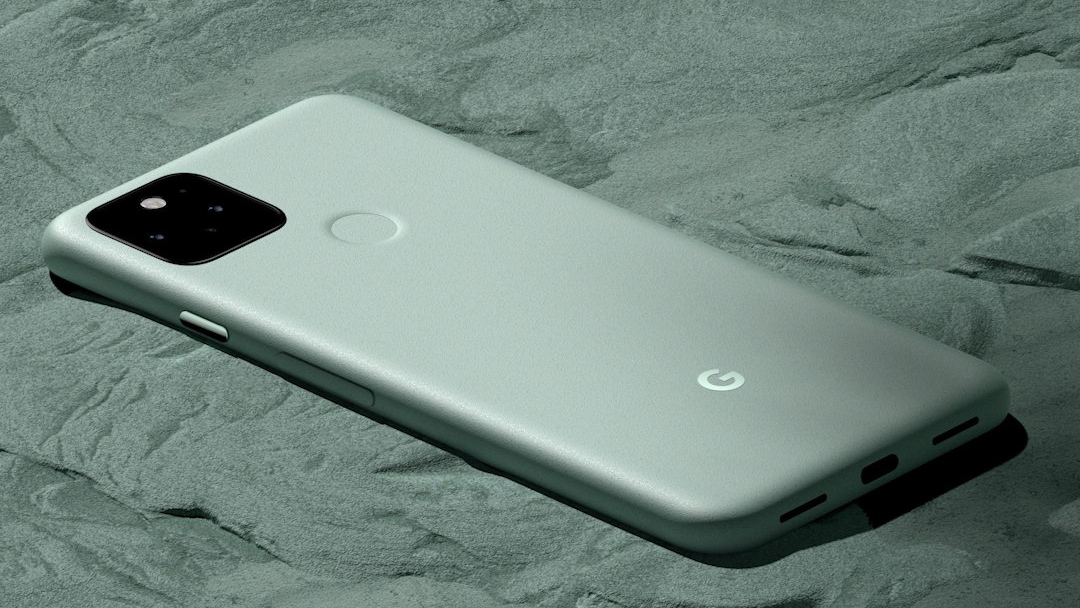Google is right, we don’t need £1,000 phones
The smartphone industry shrunk its own market with unaffordable prices


Apple no longer sends iOS updates to the iPhone 6 but for some reason it has an enduring appeal. This was recently highlighted by an outcry from users who couldn’t download the government’s NHS Track & Trace app because it isn’t available on the 6-year-old model.
The iPhone 6 was a huge hit – one of the best selling Apple devices of all time – and it only cost £539. That kind of value for money seems like a lifetime ago, especially as each iPhone since has added at least £100 more to the price; the iPhone X, which came out in the Autumn of 2018, cost a whopping £999.
I don’t mean to mock those who want the latest iPhones – I want them too – but we had reached a point where every smartphone seemed too pricey and also not very innovative; new emojis, foldable phones, models too big for even a clown’s pocket, it no longer seemed worthwhile. As such, smartphone sales were sluggish the year after the iPhone X. The market as a whole shrunk and Apple lost ground to the likes of Huawei and OnePlus, which launched cheaper devices.
This could possibly be what Google’s SVP of hardware, Rick Osterloh, was referencing at the launch of the budget friendly Pixel 5. "What the world doesn't seem like it needs right now is another $1,000 phone,” he said and he’s right, of course. We never have needed that.
The Pixel 5 is surprisingly low cost at $699 (£599). Instead of aiming for the top of the market, Google has dumbed it down for the mid-tier with fewer features and less processing power. The beauty of this is it isn’t a coronavirus-related change, instead it seems more like an industry reigning itself in. Google has said it decided on the lower price before anyone had heard of COVID-19 and was instead responding to more general internal predictions of an impending economic downturn.
A thrifty Pixel 5 is a good thing, though. I reviewed the Pixel 4 and the parts I didn’t like are those Google has taken out. One in particular was called ‘Motion Sense’, which allows you to control the phone with gestures such as a wave of the hand. There was some kind of partnership with Pokemon where you could make the characters move and you could also skip songs on Spotify in the same manner. Neither was a worthwhile use case and the function actually took a heavy toll on the battery.
The smaller processor is also a welcome change; rather than the latest Snapdragon 855, Google has gone for a Snapdragon 765G, which isn’t as powerful and could possibly be the main reason it’s so cheap. If you look at the processing power of most top end phones launched over the last five years, you’ll notice they have more juice than a user ever needs. Some even rival laptops, which is a waste when you consider what we actually do with smartphones.
Get the ITPro daily newsletter
Sign up today and you will receive a free copy of our Future Focus 2025 report - the leading guidance on AI, cybersecurity and other IT challenges as per 700+ senior executives
Even Microsoft is making hardware cutbacks; the Surface Laptop Go was announced on 1 October, via a blogpost instead of a decadent event. The device itself is a smaller version of the Surface Laptop 3 and aims to offer the same user experience, but for the budget price of £549.99. That is very cheap for a ‘premium’ laptop – the latest MacBook Air cost £1,249 at the time of review.
Returning to Apple, the coronavirus pandemic has delayed the launch of the next iPhone (believed to be the iPhone 12) and it will be interesting to see how it’s priced. Both Google and Microsoft worked out how much their new hardware would cost before the pandemic and it’s worth noting that the ridiculously expensive iPhone X was followed by the cheaper iPhone 11. With the iPhone 12 due sometime soon, I hope this thriftiness continues.
Bobby Hellard is ITPro's Reviews Editor and has worked on CloudPro and ChannelPro since 2018. In his time at ITPro, Bobby has covered stories for all the major technology companies, such as Apple, Microsoft, Amazon and Facebook, and regularly attends industry-leading events such as AWS Re:Invent and Google Cloud Next.
Bobby mainly covers hardware reviews, but you will also recognize him as the face of many of our video reviews of laptops and smartphones.
-
 Bigger salaries, more burnout: Is the CISO role in crisis?
Bigger salaries, more burnout: Is the CISO role in crisis?In-depth CISOs are more stressed than ever before – but why is this and what can be done?
By Kate O'Flaherty Published
-
 Cheap cyber crime kits can be bought on the dark web for less than $25
Cheap cyber crime kits can be bought on the dark web for less than $25News Research from NordVPN shows phishing kits are now widely available on the dark web and via messaging apps like Telegram, and are often selling for less than $25.
By Emma Woollacott Published